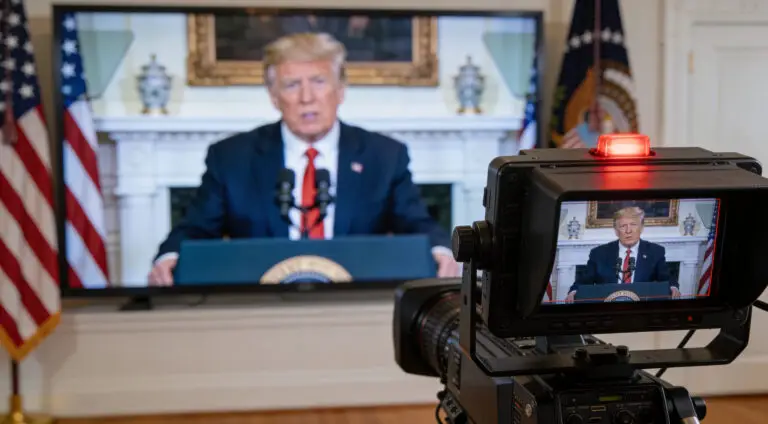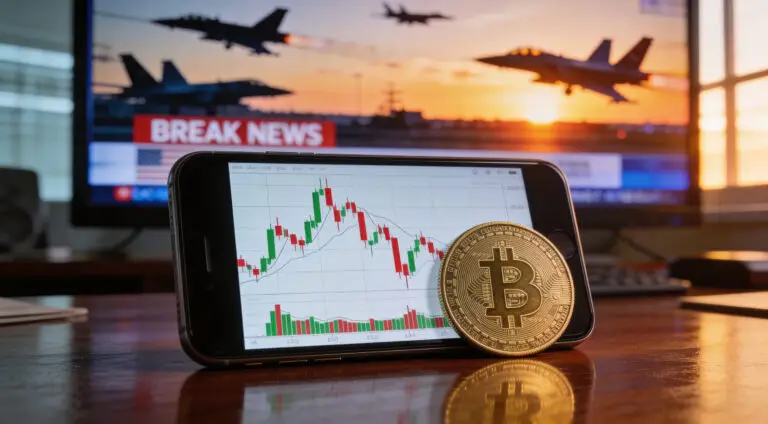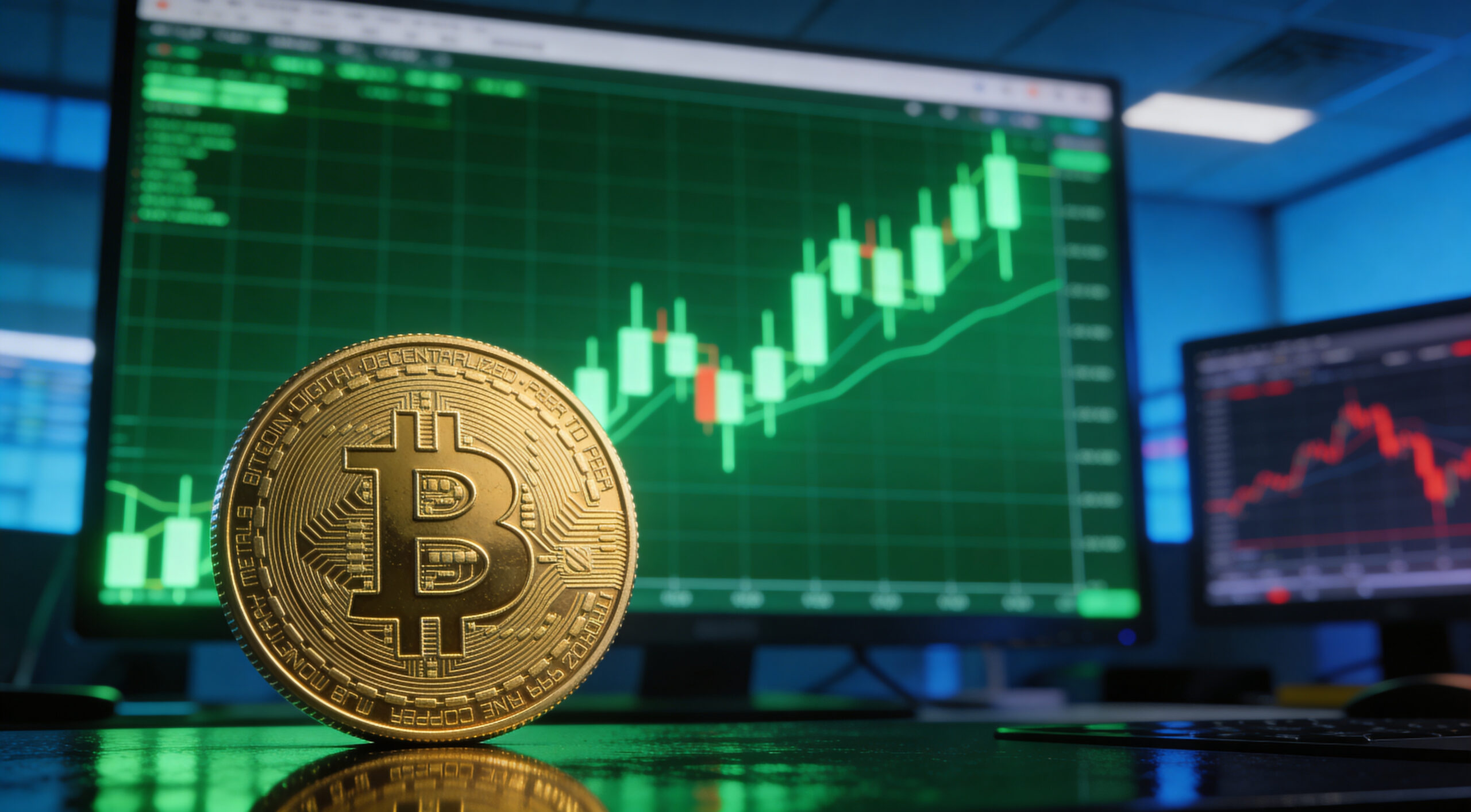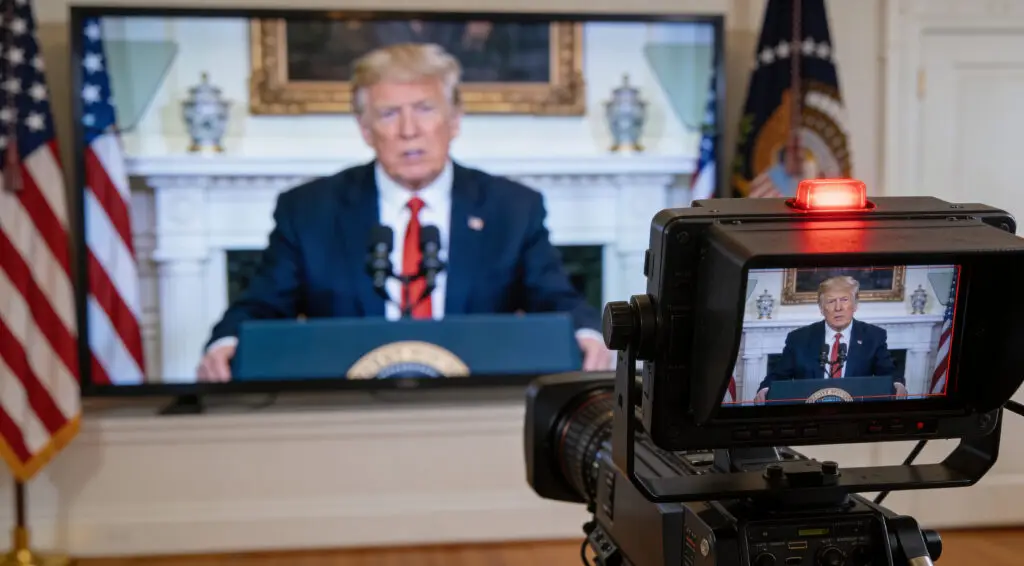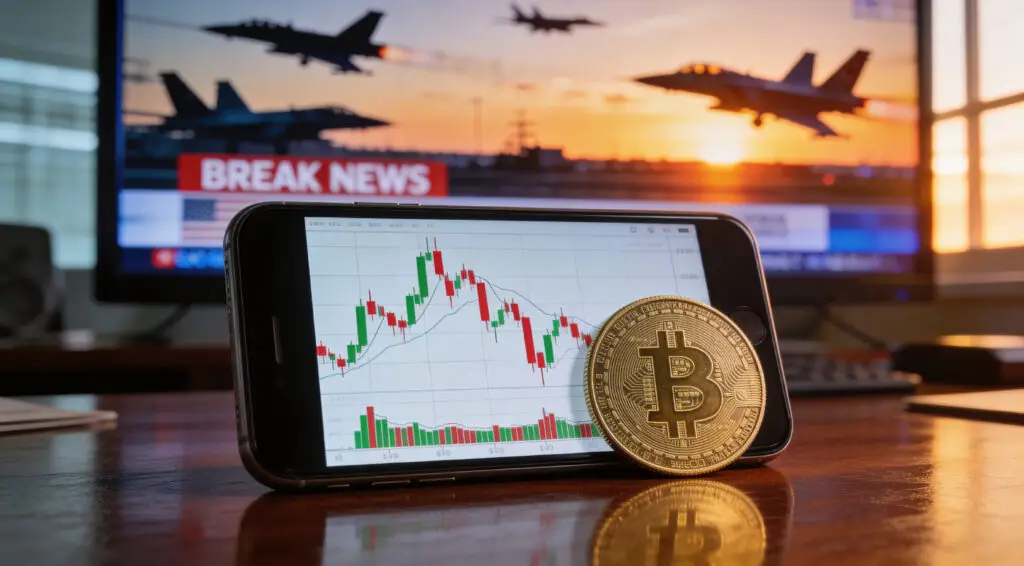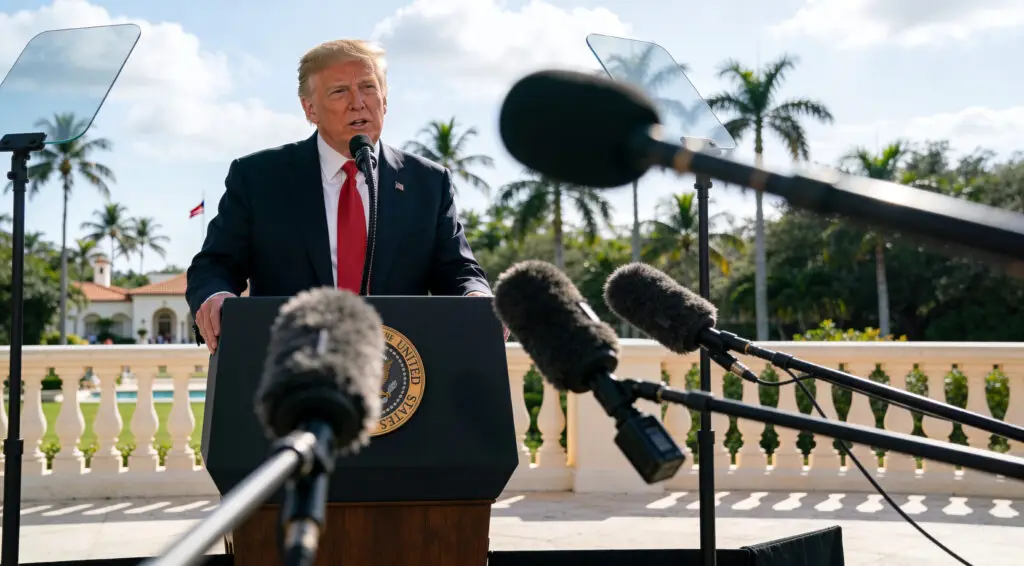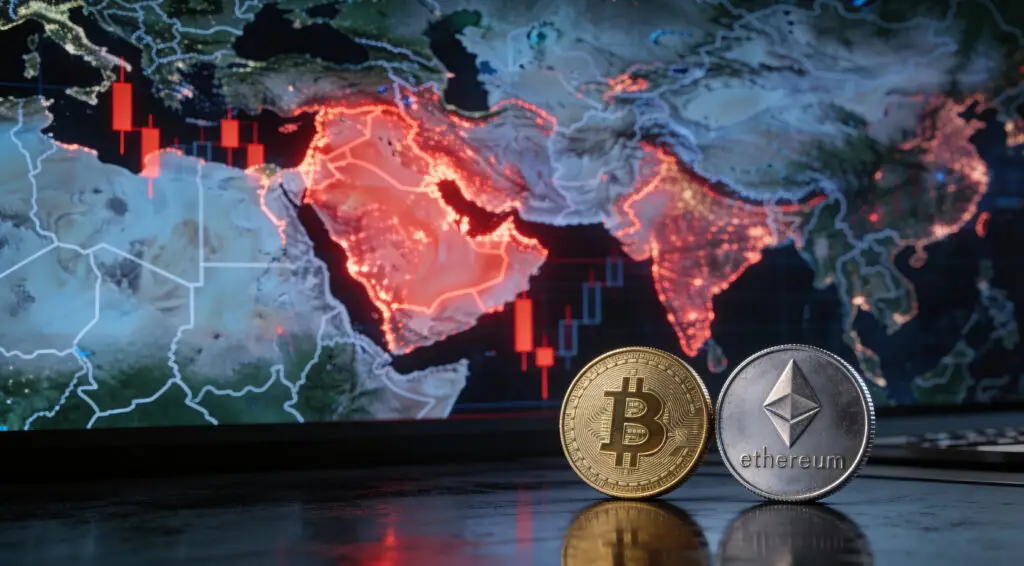In a shift fueled by the rise of new assets, South Korean presidential hopefuls are making unusual attempts to connect with crypto investors. With around 16 million and one in three voters as ‘crypto friends,’ this group is further encouraged to spend their resources during the June 3 election.
According to a report by Point Daily, the rough estimate of Bitcoin in Korea is above 2,600 trillion won, hotter than the market value of KOSPI. The investment is bound to make an impact sooner or later, and it appears that political planners, too, are shifting with 16 million voters up for grabs.
Cryptocurrency-focused election campaigns tailored by political parties
Political parties strategically target the crypto community as a critical constituency for mobilization. As an example, the Democratic Party recently appointed Kim Yong-jin, a notorious token securities expert from Sogang University, to strengthen their campaign. Furthermore, another party member, Representative Min Byeong-deok, is working on the Basic Digital Asset Framework Law that proposes a stablecoin issuance regime pegged to a fiat currency. These steps illustrate the growing readiness to understand, and more importantly, address the needs of crypto asset investors.
The People Power Party, whose candidate was finalized on June 3, has put forward an elaborate seven-point policy proposal that openly aims to woo the crypto-educated electorate. Structural proposals include the abolishment of the one-exchange-one-bank rule, corporate sanctions on virtual asset trading, approval of spot exchange-traded funds (ETFs) within the year, and declaration of the Republic of Korea as a global virtual asset hub.
Candidates Accepted The Investor Rage
People Power Party’s candidate Kim Moon-soo has accepted in public the anger felt by a section of crypto investors, saying that “approximately 16 million, or one-third, of the population is participating in the virtual asset market, but virtually no measures are being taken to protect investors.” This acceptance sheds an important light, which suggests that more and more political candidates are waking up to the reality of the crypto community’s problems.
Impending Regulatory Developments
As reported by Joseilbo, the Financial Services Commission has added further complexity to the evolving regulations by allowing non-profit organizations and virtual asset exchanges to commence selling their virtual assets starting in June, provided that they self-regulatory organizations (SRs) build strong internal review systems and enhance anti-money laundering measures. This marks a tentative step toward easing regulatory restrictions for the crypto sector in South Korea.
The Most Important Election for Crypto
The forthcoming South Korean presidential election seems to be the most important for determining the future of crypto in the country. With millions of votes on the line, candidates are scrambling to secure the backing of the powerful crypto bloc, setting their sights on digital currencies and promising much-needed liberal policies for their use in South Korea. The results of this election may prove to be very important for the development of the crypto market in South Korea; it could also become a test case for other countries struggling with the blend of politics and digital finance.


